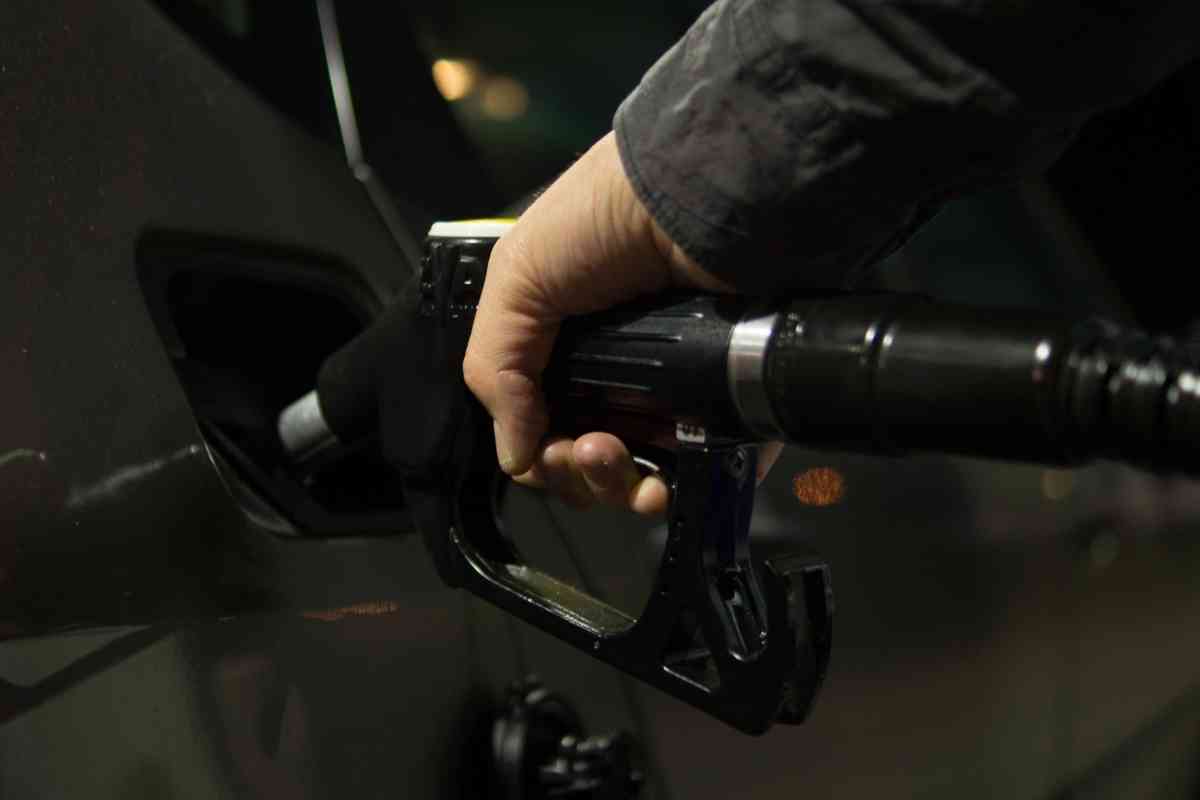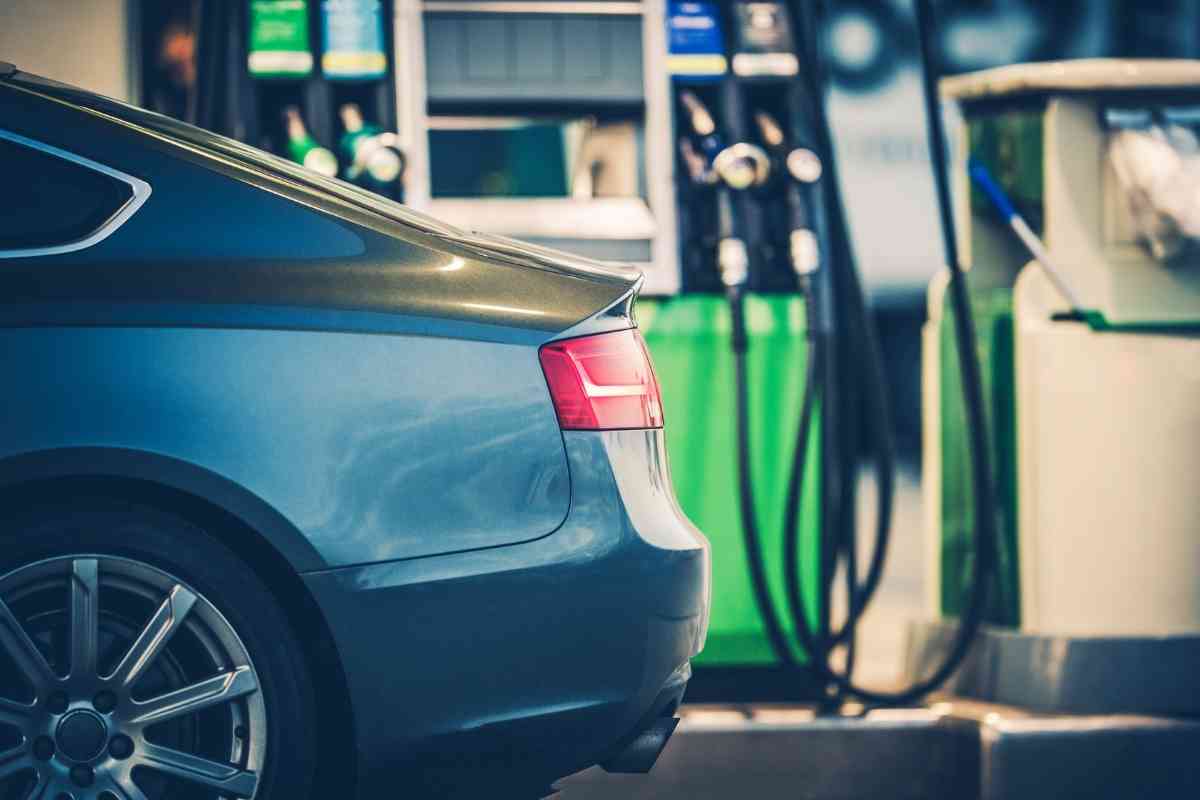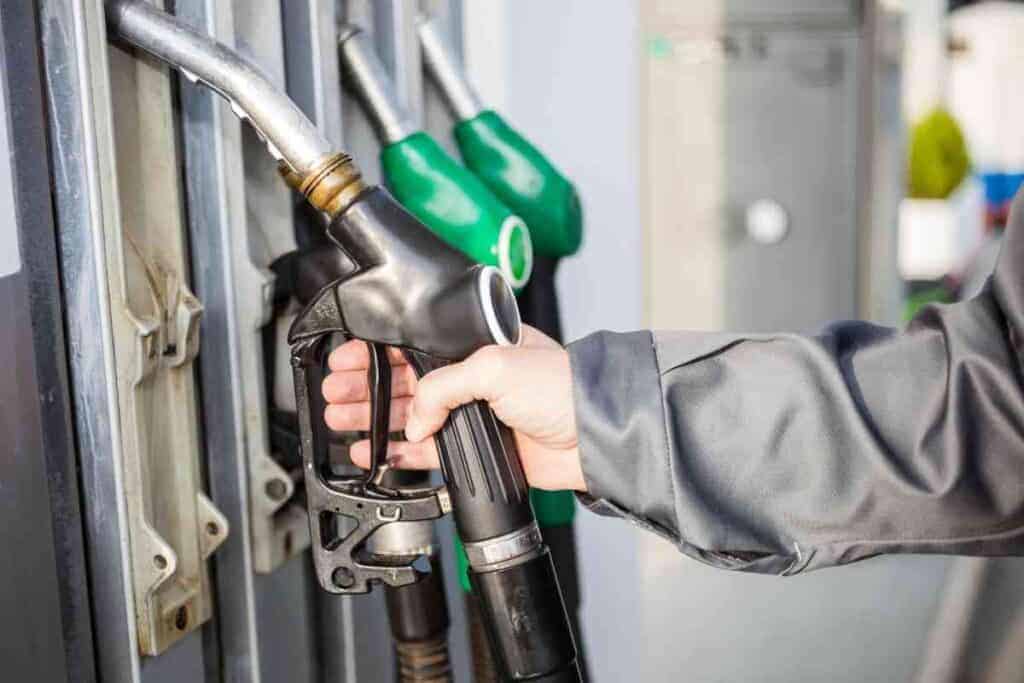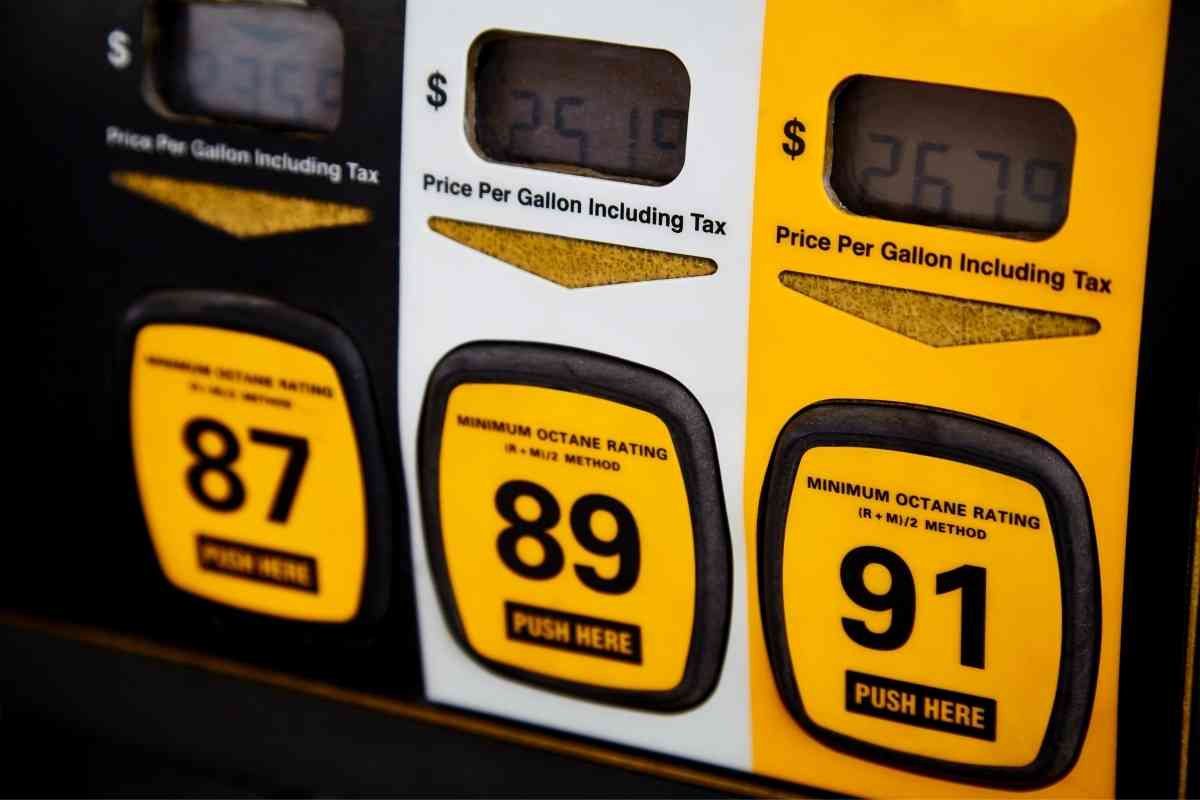What Happens If I Put Premium Gas In My Car Instead Of Regular?
For many years, premium gas was seen as an efficient option for refueling cars. The fuel was touted as being able to clean the fuel injectors, which was true. Those days, fuel injectors could catch dirt with ease, making them inefficient in their function. Today, even regular gas has detergents that give it enough cleansing power to keep the injectors clean. Would it harm your engine if you put premium gas instead of regular gas?

Can you put premium gas in any car?
If your vehicle normally requires regular gasoline, nothing will happen if you put premium gas instead of regular gas in your car. There may be insignificant improvements in power and energy efficiency in some vehicle models, but nothing that a driver will notice.
If your vehicle normally requires premium gasoline and you either accidentally or deliberately use regular gasoline, your engine is probably fine, but switch to the manufacturer’s recommended gasoline on your next fill-up. Using lower-quality gasoline than is recommended may void your warranty or lead to engine problems.
There are only about 18 percent of new cars that require premium gas. All the others will operate perfectly with regular gas. If you decide to use premium gas with a car that doesn’t require it, you will only be wasting $0.50 dollars per gallon of gas.
People who buy premium gas for cars that do not require it spend up to $2 billion every year without getting any benefit from the gas. Paying a higher price for gasoline does not guarantee better performance or better energy efficiency.
How is Premium Fuel Different from Regular Gas?
If your car requires premium gas, you should buy just that. This helps enhance the performance of the engine and reduces the chances of knocking.
The octane rating shows the resistance of the fuel to detonate – which happens when the combustion occurs fast. When detonation occurs, it comes out as pinging or knocking, but it only happens in cars manufactured earlier than 1980.
However, automakers have created advanced engines with sensors to ensure knocking does not occur. The engines also have higher internal operating pressure – they do so by raising the compression ratio or adding a turbo- or supercharger.
Premium gasoline has an octane rating of 91 or more. This rating ensures that combustion is under control.
The goal of premium gas is to ensure that fuel combusts from the spark plug only and not from the heat inside the cylinders to prevent detonation. If your car’s engine still knocks even when you use premium gas, the problem might be with the injectors of your engine.
You will pay between 20 and 60 cents more per gallon when you go for premium gas. You can save on gas by going for regular gas if your vehicle does not require high-octane gas.
Does Premium Gas Give Better Mileage?
Premium gas does not give your better mileage. There are claims from some gas companies that premium gas offers better fuel efficiency, but those claims cannot be substantiated.
You will get different fuel economies with gas from different companies, but thanks to the differences in the additives. However, the differences are not significant to inform your decision to choose one brand over the other.
Premium gas may contain special and extra additives, but these additives are of no benefit to your vehicle. The extra detergents and ethanol do not have any significant impact on fuel economy.
You can use regular gas and expect the same benefits you get from premium gas. Today, all gas companies have to sell gas that meets EPA additives requirements.
According to the EPA requirements, the gas needs to have a certain amount of additives to ensure it offers significant benefits to vehicles and motorists. Some automakers want more for their vehicles, and they came up with Top Tier gasoline standards.
Most major oil companies offer Top Tier gasoline for the benefits of all vehicles.

Does Premium Gas Clean Your Engine?
Premium gas contains detergent additives that can clean your engine. These detergents ensure that the fuel injectors do not clog.
Although the premium gas may have more detergents, the cleansing power of premium gas is no different from that of regular gas. If your car does not require premium gas, just use regular gas, and it will clean your engine as well as the high-octane gas does.
Does Premium Gas Add Horsepower?
Premium gas may offer performance benefits to high-performance engines, but not any other engines. Some models, such as Volvo and Mercedes and several other sports models of cars and motorcycles, require premium gas.
If you use regular gas for vehicles that require premium gas, your vehicle will suffer from a drop in performance and horsepower. If you drive a non-performance vehicle that only recommends but does not require high-octane gas, there will be no benefit for using premium gas.
Most economy class vehicles, such as Toyotas, Ford, and General Motors, may recommend premium gas, but it is not a necessity.
You need to know the type of engine to know which type of gas is best. Check your user manual to see the octane rating that the automaker recommends. If you no longer have your user manual, or you cannot see the information on the manual, contact the manufacturer.
Does premium gas make a difference? It only makes a difference where the automaker requires you to use it.
High-performance vehicles will see more power for better acceleration and also allow them to drive faster. If you have an economy-class vehicle, you probably do not need premium gas as there is no difference in fuel economy or power.
Again, if you need gasoline that cleans your vehicle’s engine, even regular gas can help you. For normal vehicle driving, you can spend up to $350 more every year when you spend on premium gas.
What Happens If I Don’t Put Premium Gas in My Car?

If an automaker requires that you use premium gas, it is because the engine has systems that need premium gas. However, if you mistakenly or deliberately put regular gas in a vehicle that needs premium gas, you can void the engine warranty.
This happens if the regular gas leads to engine knocking or pinging. Knocking is premature ignition of the fuel inside the gas cylinders, also referred to as detonation.
If knocking occurs for a long time, it may damage the pistons of your engine or any other parts of the engine.
If you use the wrong fuel, you may see other problems, such as reduced fuel economy.
For high-performance vehicles, failure to use premium gas may lead to a decrease in performance.
In one of their vehicles that require premium gas, GM says that motorists should use premium unleaded gas with an octane rating of 91 or higher.
Using fuel with an octane rating of less than 91 can damage the vehicle engine and may also void the engine warranty. They continue to note that motorists should take their vehicle for maintenance if they hear knocking even after using premium gas.
Knocking only happens in older models of vehicles from different manufacturers. Newer engines are able to detect and stop knocking before it causes any damages. These engines have high compression ratios to reduce the pressure in the cylinders.
Does Premium gas contain special detergent to clean my engine?
Yes, premium gas contains an additive that can be used to clean your engine. But so does the regular gas.
Nowadays, all fuel types come with additives that help clean up the fuel system. This should not be a justification for the extra cost you have to incur on premium gas.
Unless you notice an excessive buildup of carbon and other gunk in the engine, it is the only reason that may benefit from the extra detergent in premium gas. Alternatively, you can use appropriate engine additives with your regular gas.

Will my vehicle warranty be void if I use premium gas on my regular car?
There is a possibility of your warranty being void, but this will also depend on many other factors.
Using premium gas on your regular car doesn’t have a very significant effect in terms of damaging the engine. But, it is not recommended to do that in the long haul.
Unless the prolonged use of the wrong fuel leads to complications or knocking of the engine, that is when the dealer may consider looking into the issue of voiding the warranty.
How do I know whether my vehicle should use premium or regular gas?
You can tell if you need premium gas by simply looking at the door of your gas tank or on the owner’s manual. Only vehicles with a “Premium Fuel Required” sticker on the fuel door require that you strictly use premium gas.
This is determined after several tests by the manufacturer to establish the correct octane rating for optimum performance of your vehicle.
When you use regular gasoline on a high-performance vehicle, there will be a decrease in power and fuel economy with an increased risk of the “Check Engine” light illuminating due to engine failure.
If your vehicle reads “Premium Fuel Recommended” on the fuel door, it means you will get better performance when you use premium gas, but still, you can use regular gas for this case with smooth running and efficiency.
Today, engines are designed to adjust to the fuel type available; even though the premium is recommended, you may choose to use regular because of the cost implications.
For such vehicles, it is fine, and there is no risk of damaging the engine because it was factored in the design of the vehicle.
Closing Thoughts
Modern engines have advanced electronics. These can adjust the vehicle’s ignition systems, allowing it to use regular as well as premium gas without any damage to the engine. Unless your vehicle needs a high-octane rating to improve performance, you never have to go for premium gas.
The engine sensors can reduce knocking, but even if you cannot hear the knocking, you still need the premium gas if the vehicle requires it. If your vehicle runs efficiently on regular gas and the manufacturer does not require premium gas, refueling with high-octane gas will have no effects or benefits.
Can you mix the two? If your vehicle uses regular gas, you can mix low-octane and high-octane gas without any effects. However, this too doesn’t offer any major benefits to your engine. To be safe, check the user manual and do what it says. It can save you several bucks every week or save your engine from damage.
